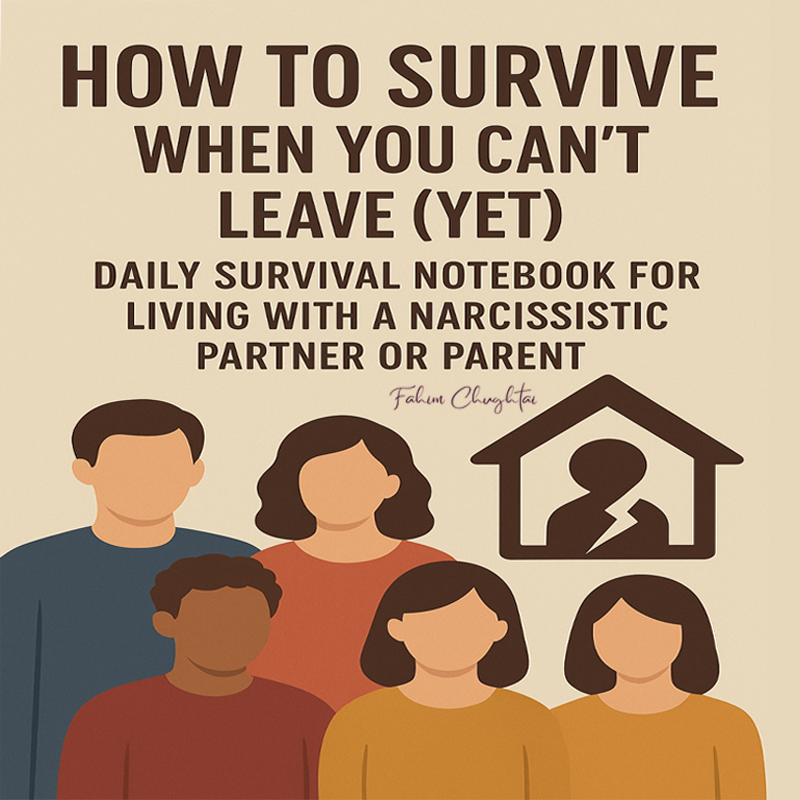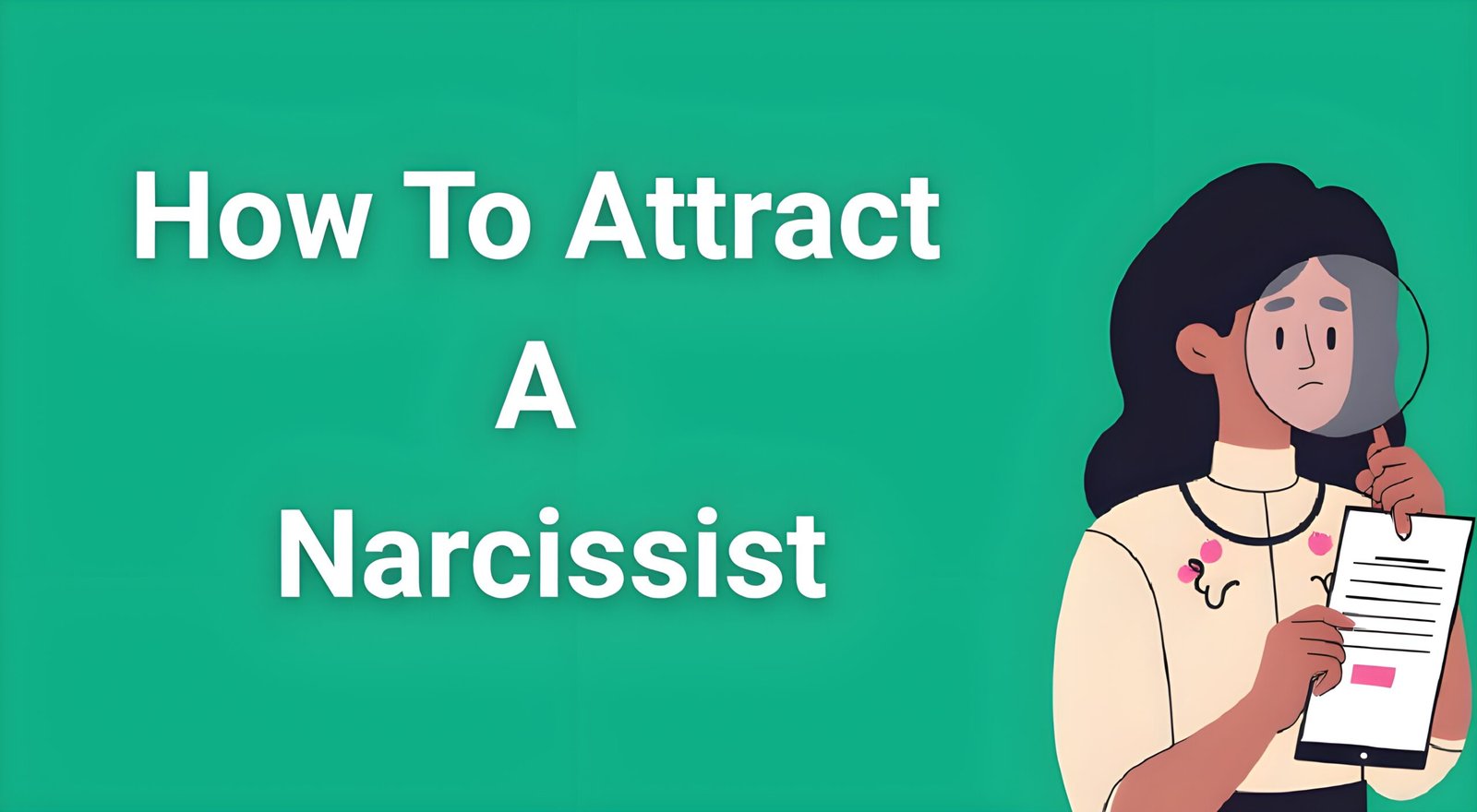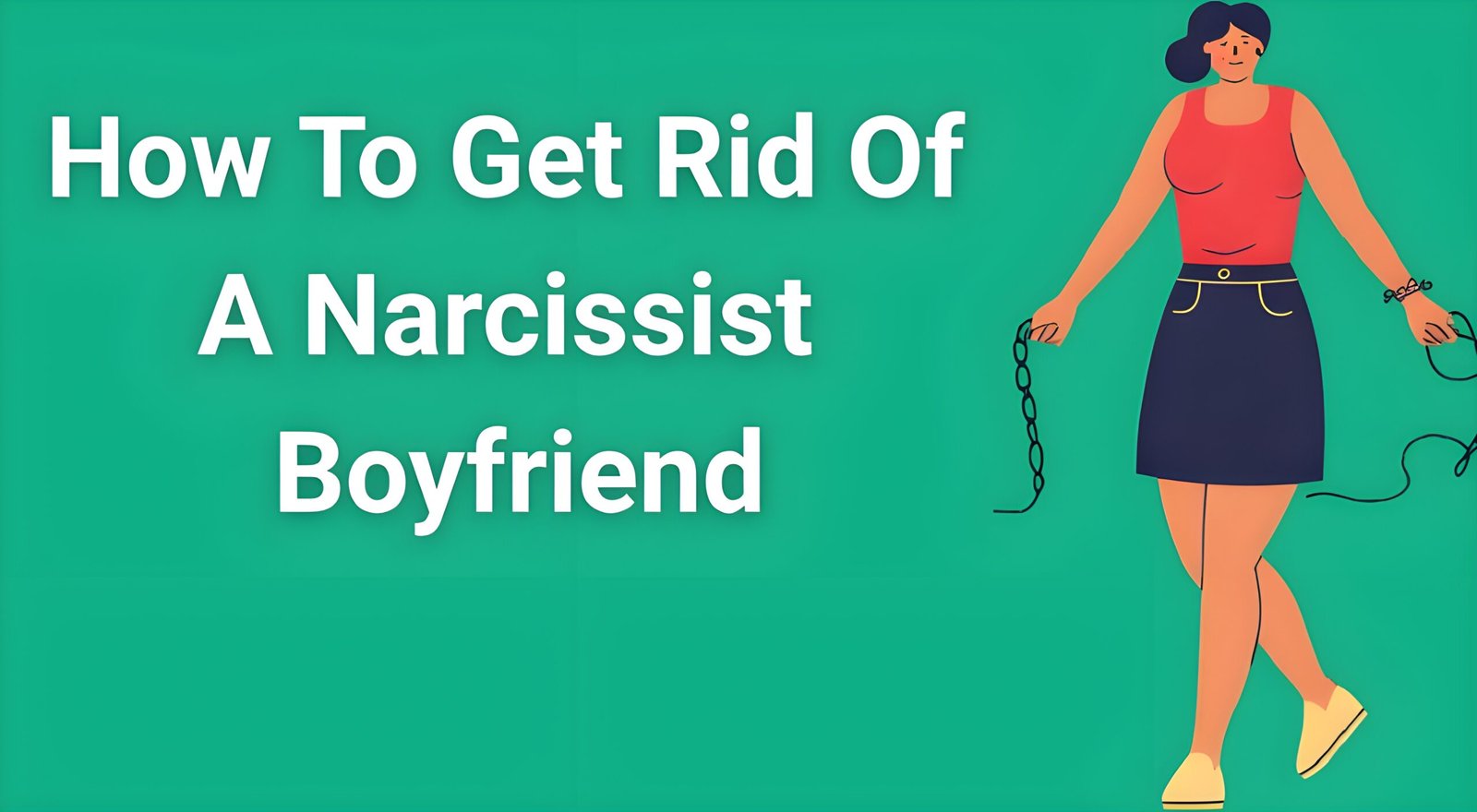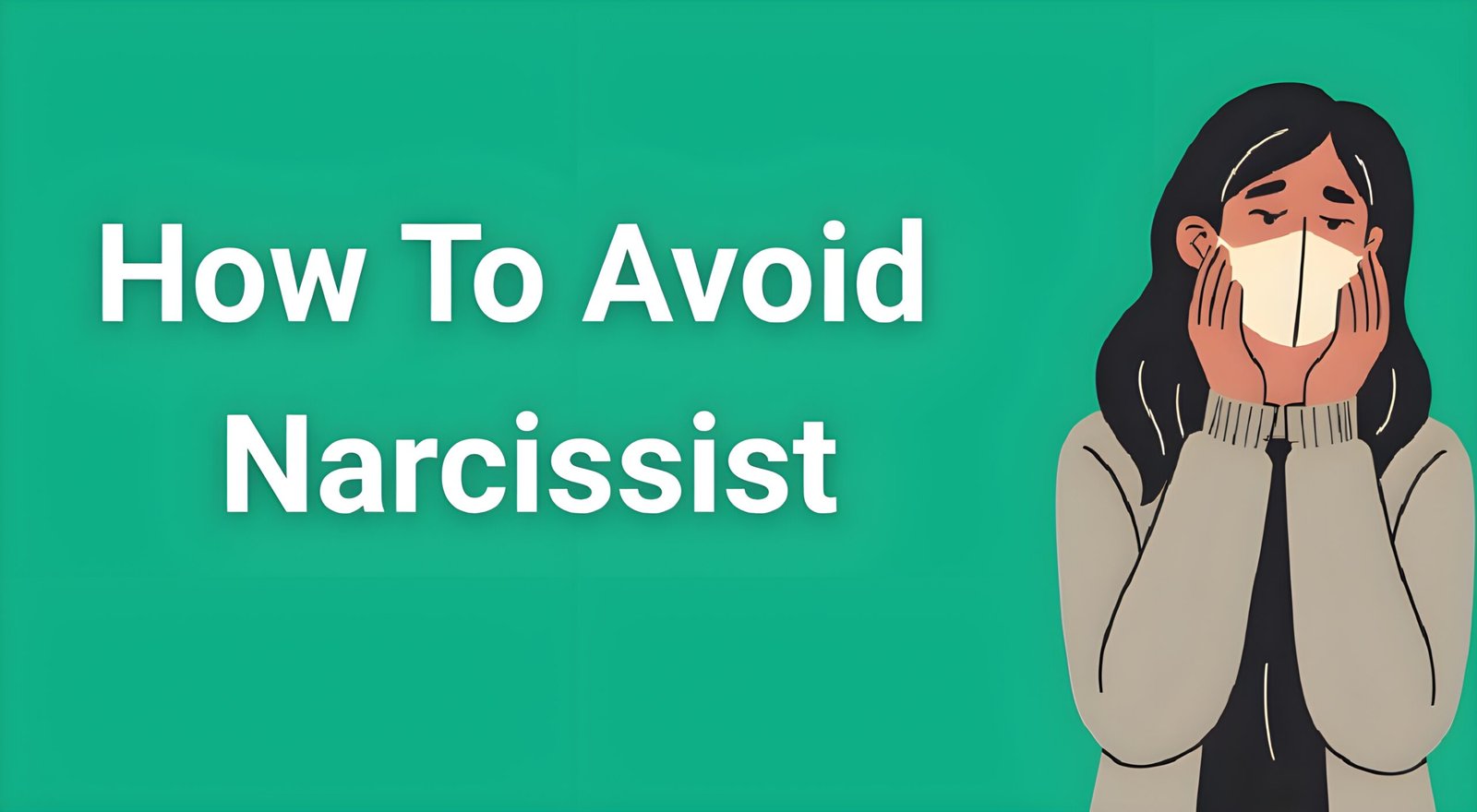Have you ever looked in the mirror and barely recognized the person staring back at you? For those who have experienced the long term effects of being married to a narcissist, this sense of disconnection from your former self isn’t just imagination – it represents profound changes that can reshape your entire identity.
- Understanding the Long Term Effects of Being Married to a Narcissist: An Overview
- Psychological Long Term Effects of being married to a narcissist
- Being married to a narcissist leaves you questioning everything:
- Emotional Long Term Effects of Being Married to a Narcissist
- Physical Health Consequences of Narcissistic Marriage
- Chronic Stress-Related Health Issues
- Social and Professional Impact
- Reading this while you’re STILL living with the narcissist and Stuck?
- The Path to Recovery: Healing from Long Term Effects of Narcissistic Marriage
- What’s Next?
- Your Next Step Forward
Like invisible threads woven through the fabric of your daily life, these effects often persist long after the relationship has ended, influencing everything from how you view yourself to the way you approach new relationships. So what are the long term effects of being married to a narcissist?
Understanding the long term effects of being married to a narcissist is crucial for anyone who has lived through this experience. While each person’s story is unique, research shows that prolonged exposure to narcissistic abuse creates lasting impacts that can echo through every aspect of your life – your mental health, physical wellbeing, and even your ability to trust others. These effects often run deeper than many realize, creating patterns that can persist for years if left unaddressed.
Yet here’s what many don’t tell you about the long term effects of being married to a narcissist: recognition is the first step toward transformation. By understanding how this experience has shaped you, you gain the power to actively participate in your own healing journey. In this comprehensive guide, we’ll explore not only the lasting impacts of narcissistic marriage but, more importantly, how you can begin to reclaim the parts of yourself that may have become lost along the way. Narcissists marry to fullful their purposes.
Understanding the Long Term Effects of Being Married to a Narcissist: An Overview
When examining the long term effects of being married to a narcissist, imagine your mind and body as a house that’s weathered a long term storm. Just as severe weather can create structural changes that persist long after the storm has passed, narcissistic abuse leads to deep-seated changes in your psychological and physical wellbeing that don’t simply disappear when the relationship ends.
The lasting impact of narcissistic abuse stems from its unique nature. Unlike occasional conflicts that occur in healthy relationships, being married to a narcissist exposes you to constant, unpredictable emotional manipulation.
Your brain and body remain in a perpetual state of hypervigilance, always anticipating the next criticism, outburst, or emotional withdrawal. This continuous stress response transforms from a temporary survival mechanism into a default operating mode, fundamentally altering how your nervous system functions.
Consider how your body responds when facing immediate danger – your heart races, muscles tense, and senses heighten. In a marriage with a narcissist, this stress response never fully deactivates.
The long term effects of being married to a narcissist manifest through this chronic activation of your body’s alarm system. Over time, this persistent state of alert rewires your brain’s neural pathways, affecting everything from your emotional regulation to your physical health.
These changes ripple through every aspect of your life. Professionally, the long term effects of being married to a narcissist might show up as diminished confidence in your abilities or difficulty trusting coworkers. Personally, you might find yourself struggling with chronic anxiety, depression, or physical health issues that seem to have no clear medical cause. Your social life might bear the scars too, as the experience can fundamentally alter how you approach and maintain relationships with others.
The impact extends beyond your emotional landscape into your physical wellbeing. Your immune system, sleep patterns, and even digestive health can carry the imprint of this experience. Many survivors report a range of physical symptoms that persist long after the relationship ends – a testament to how deeply the long term effects of being married to a narcissist can embed themselves in your body’s systems.
Understanding these effects isn’t just about recognizing the damage – it’s about acknowledging that these responses were your mind and body’s way of protecting you in an unsafe environment.
As we explore each area of impact in detail throughout this guide, remember that identifying these patterns is the first step toward rewiring them. Your nervous system adapted to survive a toxic environment; with understanding and proper support, it can adapt again to thrive in a healthy one. If you are marry to a narcissist you can get thousands of problems.
Psychological Long Term Effects of being married to a narcissist

First i will explain the psychological effects of being married to a narcissistic partner.
Complex Post-Traumatic Stress Disorder (C-PTSD)
One of the most significant long term effects of being married to a narcissist is the development of Complex Post-Traumatic Stress Disorder (C-PTSD). Unlike single-incident trauma, the sustained emotional abuse experienced in a narcissistic marriage creates layers of psychological injury that accumulate over time. This prolonged exposure to manipulation, gaslighting, and emotional neglect can fundamentally alter how your brain processes stress and emotions.
Living with a narcissistic spouse forces your nervous system into a constant state of alertness. Your brain becomes rewired to anticipate criticism, emotional withdrawal, or sudden outbursts at any moment.
This hypervigilance, a core feature of C-PTSD, persists long after the marriage ends. Many survivors report feeling perpetually “on edge,” even in safe environments, as their brains have learned to associate close relationships with danger.
The long term effects of being married to a narcissist often manifest through distinct C-PTSD symptoms that differ from traditional PTSD. While PTSD typically stems from a single traumatic event, C-PTSD emerges from repeated exposure to emotional abuse and control.
Survivors might experience emotional flashbacks – overwhelming feelings of worthlessness or shame that seem to come out of nowhere. These flashbacks differ from traditional PTSD flashbacks as they’re emotional rather than visual, making them particularly challenging to identify and address.
Depression and Anxiety
The persistent stress of a narcissistic marriage can trigger profound changes in brain chemistry, leading to chronic depression and anxiety. When examining the long term effects of being married to a narcissist, we see that constant exposure to emotional abuse alters the brain’s production of neurotransmitters like serotonin and dopamine.
This chemical disruption can create a persistent state of low mood and heightened anxiety that doesn’t automatically resolve once the relationship ends.
Think of your brain’s emotional regulation system like a thermostat that’s been tampered with.
Just as a malfunctioning thermostat might keep a room too cold regardless of the actual temperature outside, your brain’s emotional regulation system can become stuck in patterns of depression and anxiety even when you’re no longer in the toxic environment. This dysregulation represents one of the most challenging long-term.
The impact on daily functioning can be profound. Simple tasks might feel overwhelming as your energy is consumed by managing emotional dysregulation. You might find yourself:
- Second-guessing every decision, even minor ones
- Struggling to maintain focus at work
- Experiencing unexpected panic attacks
- Having difficulty sleeping or maintaining regular eating patterns
- Withdrawing from social situations due to overwhelming anxiety
These symptoms can create a cycle where anxiety leads to avoidance, which in turn reinforces feelings of depression and isolation. Many survivors report that these mood disturbances affect their ability to pursue career opportunities, maintain friendships, or engage in activities they once enjoyed.
Understanding that these reactions are normal responses to abnormal circumstances is crucial for beginning the healing process.
Being married to a narcissist leaves you questioning everything:
“Am I overreacting?”
“What will this do to me if I stay?”
The Clarity Report gives you the straight, unfiltered answers you can’t get anywhere else. No more guessing. No more denial. Just the truth.
Emotional Long Term Effects of Being Married to a Narcissist
As i mentioned above Psychological effects , emotional effects are also worst:
Trust and Relationship Issues
Among the most profound long term effects of being married to a narcissist is the deep transformation in how survivors approach trust and intimacy.
Imagine your capacity for trust as a delicate glass vase that has been repeatedly dropped and shattered. Even after carefully piecing it back together, the fracture lines remain visible, influencing how you handle relationships moving forward.
The experience of navigating a narcissistic marriage fundamentally alters your emotional blueprint for relationships. Where you might once have approached new connections with openness and optimism, the long term effects of being married to a narcissist often create a protective shield of skepticism.
This manifests in hypervigilance about others’ motives, constantly scanning for signs of manipulation or betrayal that might echo your past experiences.
Emotional intimacy becomes particularly challenging, as your brain has learned to associate vulnerability with pain. The simple act of sharing your thoughts and feelings – once perhaps natural and freeing – may now feel like stepping onto thin ice.
You might find yourself maintaining careful emotional distance, even from those who have proven themselves trustworthy, as a form of self-protection. This guardedness, while understandable, represents one of the complex long term effects of being married to a narcissist that can impede forming healthy new relationships.
Self-Esteem and Identity Loss
Perhaps the most insidious long term effects of being married to a narcissist involve the profound impact on self-esteem and personal identity. Think of your sense of self as a book whose pages have been repeatedly rewritten by someone else’s harsh edits until the original text becomes nearly illegible.
Many survivors struggle to reconnect with their authentic selves after years of having their reality constantly questioned and undermined.
The erosion of self-worth during a narcissistic marriage happens gradually, like water wearing away at stone.
Each criticism, each dismissal of your feelings, each instance of gaslighting chips away at your confidence until you begin to question your own judgment on even the smallest matters. This uncertainty often persists long after the relationship ends, manifesting in:
- Chronic self-doubt about your perceptions and decisions
- Difficulty recognizing and asserting your own preferences
- A persistent inner critic that echoes your narcissistic spouse’s voice
- Struggle to identify your own wants, needs, and boundaries
- Tendency to seek excessive validation from others
The impact on decision-making ability represents one of the most practical long term effects of being married to a narcissist. After years of having your choices criticized or controlled, even simple decisions might feel overwhelming.
You might find yourself paralyzed when facing options, second-guessing every choice, or seeking constant reassurance from others. This hesitancy often extends beyond personal decisions to professional ones, potentially limiting career growth and opportunities.
Recovery involves a gradual process of rediscovering yourself, like an archaeologist carefully unearthing artifacts of your true identity that were buried under years of emotional debris. It requires patience, self-compassion, and often professional guidance to rebuild a strong sense of self that can withstand future relationships and challenges.
Physical Health Consequences of Narcissistic Marriage
When exploring the long term effects of being married to a narcissist, we must understand that the impact extends far beyond emotional and psychological realms into tangible physical health consequences.
Your body keeps a detailed ledger of the stress endured during a narcissistic marriage, often manifesting in various chronic health conditions that can persist long after the relationship ends.
Chronic Stress-Related Health Issues
The human body wasn’t designed to withstand prolonged periods of heightened stress, yet this is exactly what happens when examining the long term effects of being married to a narcissist. The constant state of alertness triggers a cascade of physiological responses that can compromise multiple body systems over time.
Your immune system bears a particularly heavy burden during and after a narcissistic marriage. Think of your immune system as an army that protects your body from invaders.
When under constant stress, this army becomes exhausted and less effective at defending against illness. Many survivors report experiencing frequent infections, slower wound healing, and the development of autoimmune conditions – all potential long term effects of being married to a narcissist.
The cardiovascular system also pays a steep price. Living in a state of perpetual fight-or-flight response causes your heart to work harder than necessary. Your blood pressure might remain elevated, your heart rhythm might become irregular, and your blood vessels may constrict more frequently.
These physiological changes, stemming from the long term effects of being married to a narcissist, can increase your risk of developing:
- Hypertension (high blood pressure)
- Heart palpitations
- Chest pain or tightness
- Increased risk of heart disease
- Circulation problems
Perhaps one of the most debilitating physical manifestations involves sleep disturbances and chronic fatigue. Your body’s natural sleep-wake cycle becomes disrupted by the constant state of hypervigilance. Even after leaving the narcissistic relationship, many survivors find themselves struggling with:
- Difficulty falling asleep
- Frequent night waking
- Nightmares or anxiety dreams
- Unrefreshing sleep
- Daytime exhaustion that no amount of rest seems to cure
This chronic sleep disruption creates a vicious cycle: poor sleep weakens your immune system, which in turn makes you more susceptible to illness, leading to increased fatigue. The long term effects of being married to a narcissist often create this self-perpetuating cycle of physical health challenges that require dedicated attention and professional support to address.
Recovery involves more than just healing emotional wounds – it requires a holistic approach to restoring your body’s natural balance. Many survivors find that working with healthcare providers who understand trauma’s physical impact becomes essential for addressing these complex health consequences.
Social and Professional Impact
The long term effects of being married to a narcissist often create ripple effects that extend far beyond your personal life, profoundly impacting your social connections and professional development.
Think of your social and professional networks as delicate ecosystems that have been disrupted by the prolonged stress and manipulation of a narcissistic marriage.
Changes in Social Relationships
The isolation that typically occurs during a narcissistic marriage doesn’t simply disappear once the relationship ends. This represents one of the most challenging long term effects of being married to a narcissist, as your entire social framework may have been systematically dismantled over time.
The process often begins subtly, with your narcissistic spouse gradually undermining your confidence in maintaining independent relationships, leading to a shrinking social circle that can be difficult to rebuild.
Former friends and family members might have distanced themselves during your marriage, either due to direct manipulation by your narcissistic spouse or because they couldn’t understand the complexity of your situation.
The long term effects of being married to a narcissist often include a lingering hesitation to reconnect with these relationships, stemming from feelings of shame, embarrassment, or fear of judgment. You might find yourself wondering: “How do I explain where I’ve been all these years?” or “Will they understand what really happened?”
In the professional sphere, the impact can be equally profound. The constant undermining of your confidence during a narcissistic marriage often spills over into your workplace interactions. You might notice yourself:
The long term effects of being married to a narcissist frequently manifest in workplace behaviors such as:
- Second-guessing your professional judgment, even in areas where you once felt confident
- Struggling to assert yourself in meetings or team discussions
- Avoiding networking opportunities out of fear of forming new connections
- Hesitating to pursue promotions or new opportunities, even when well-qualified
- Over-apologizing for minor mistakes or seeking excessive validation from colleagues
Career progression often suffers as a result of these challenges. The hypervigilance developed during your narcissistic marriage might cause you to interpret routine workplace feedback as criticism, making it difficult to maintain the professional relationships necessary for career advancement.
You might find yourself passing up opportunities that require interpersonal collaboration or leadership roles, limiting your professional growth potential.
Workplace confidence, once damaged by the long term effects of being married to a narcissist, requires intentional rebuilding. Many survivors discover that their professional abilities remained intact throughout their marriage – it was only their perception of these abilities that was distorted.
However, bridging the gap between knowing your capabilities intellectually and feeling confident enough to demonstrate them can take time and often benefits from professional support.
The path to rebuilding both social and professional relationships involves understanding that the isolation and self-doubt you experience are not personal failings but rather natural responses to prolonged narcissistic abuse.
Recovery often requires a gradual approach to reconstructing your social and professional networks, perhaps starting with small steps like reconnecting with one trusted friend or taking on a minor leadership role at work.
Reading this while you’re STILL living with the narcissist and Stuck?
Inside, you’ll learn:
✔️ Daily survival tactics to reduce emotional damage
✔️ Scripts to de-escalate fights and protect yourself
✔️ Secret planning strategies for your future exit
✔️ Psychological self-defense methods you can use immediately
This isn’t about leaving tomorrow.
It’s about staying safer today.

The Path to Recovery: Healing from Long Term Effects of Narcissistic Marriage
Understanding that you can heal from the long term effects of being married to a narcissist marks the beginning of your recovery journey. Recovery isn’t a linear path – it’s more like learning to navigate through new terrain with increasing confidence and self-awareness. Let’s explore the professional support options and self-help strategies that can guide your healing process.
Professional Support and Therapy Options
When addressing the long term effects of being married to a narcissist, professional support often becomes crucial for deep, lasting healing. Think of therapy as providing both a compass and a skilled guide for your recovery journey. Professional support offers validation of your experiences while providing specialized tools to help rewire trauma responses developed during your narcissistic marriage.
Certain therapeutic approaches have proven particularly effective for survivors of narcissistic abuse. Trauma-focused cognitive behavioral therapy (TF-CBT) helps you understand how the long term effects of being married to a narcissist have influenced your thought patterns and behaviors.
Eye Movement Desensitization and Reprocessing (EMDR) can help your brain process traumatic memories in a way that reduces their emotional charge. Additionally, somatic experiencing therapy addresses how trauma is stored in your body, helping release physical tension patterns developed during your marriage.
Recognizing when to seek professional help often comes down to noticing patterns that persist despite your best efforts to heal independently. Signs that professional support might be beneficial include:
- Experiencing frequent emotional flashbacks or panic attacks
- Finding yourself stuck in repetitive negative thought patterns
- Struggling to maintain healthy relationships
- Having difficulty setting and enforcing boundaries
- Noticing that trauma responses interfere with daily functioning
When selecting a mental health professional, look for someone who specifically understands the long term effects of being married to a narcissist. This specialization matters because narcissistic abuse creates unique trauma patterns that require specific therapeutic approaches. Consider asking potential therapists about their experience with narcissistic abuse recovery and their approach to treating complex trauma.
Self-Help Strategies and Recovery Tools
While professional support provides essential guidance, daily self-help practices create the foundation for lasting recovery from the long term effects of being married to a narcissist. Think of these strategies as building blocks that gradually strengthen your emotional resilience and sense of self.
Rebuilding self-esteem requires consistent, gentle effort. Start by maintaining a “reality check” journal where you document your achievements, positive qualities, and moments of strength.
This practice helps counteract the distorted self-image that often develops as one of the long term effects of being married to a narcissist. Each morning, try writing down three things you appreciate about yourself – they can be as simple as “I make great coffee” or as profound as “I survived a difficult situation with grace.”
For managing anxiety and depression, developing a toolbox of coping strategies proves invaluable. Consider incorporating:
- Grounding techniques that connect you to the present moment
- Mindfulness practices that help regulate emotional responses
- Regular physical exercise to release stress hormones
- Deep breathing exercises for immediate anxiety relief
- Creative expressions like art or music to process emotions
Establishing healthy boundaries represents perhaps the most crucial aspect of recovery. After experiencing the long term effects of being married to a narcissist, your boundary-setting muscles may need careful strengthening. Begin with small steps:
- Practice saying “no” to minor requests without explaining
- Trust your gut feelings about situations and relationships
- Set aside time each day that’s solely for your well-being
- Identify your non-negotiable needs in relationships
- Express your preferences clearly and directly
Remember that recovery happens gradually, and setbacks are normal parts of the healing process. The long term effects of being married to a narcissist took time to develop, and healing these wounds also requires patience and self-compassion. Each small step forward represents progress, even if it doesn’t feel significant in the moment.
What’s Next?
The long term effects of being married to a narcissist create deep imprints across every aspect of your life, like ripples expanding across a pond. Throughout this guide, we’ve explored how these effects manifest in your psychological wellbeing, emotional landscape, physical health, and social connections. Understanding these impacts helps validate your experience and illuminates the path toward healing.
Remember that the long term effects of being married to a narcissist represent your mind and body’s natural responses to an unnatural situation. The hypervigilance that now feels overwhelming once protected you.
The difficulty trusting others reflects your system’s attempt to keep you safe. The physical symptoms you experience demonstrate how thoroughly your body worked to survive a challenging environment. Each of these responses, while challenging, also showcases your remarkable resilience.
Healing becomes possible when you recognize that the long term effects of being married to a narcissist don’t define your future. Just as your brain and body adapted to survive trauma, they can adapt again to thrive in health and peace.
The path to recovery may seem daunting, but each small step – whether it’s journaling about your feelings, practicing a new boundary, or reaching out for professional support – moves you closer to reclaiming your authentic self.
You’ve already shown incredible strength by surviving and seeking to understand your experience. Now, as you stand at the threshold of healing, remember that you don’t have to navigate this journey alone.
Support exists in many forms, from trauma-informed therapists who understand the long term effects of being married to a narcissist to support groups where others share similar experiences. Each person’s healing journey looks different, and you have the right to discover what works best for you.
Your Next Step Forward
If you recognize the long term effects of being married to a narcissist in your own life, please know that reaching out for help represents an act of courage, not weakness. Consider taking these initial steps:
- Get the clarity Report about your Narcissistic Marriage
- Join support groups (online or in-person) for survivors of narcissistic relationships
- Begin a healing journal to track your recovery journey
- Share your story with trusted friends or family members who can support your healing process
- Explore resources about trauma recovery and healing from narcissistic abuse
Remember, the fact that you’re reading this right now shows you’re already taking steps toward healing. The understanding you’ve gained about the long term effects of being married to a narcissist can serve as a foundation for your recovery journey. You deserve support, healing, and the opportunity to rediscover your authentic self.
Take that first step today – whether it’s bookmarking therapy resources, joining a support group, or simply acknowledging your need for healing. Your future self will thank you for beginning this journey now.
Would you like me to provide any additional resources or elaborate on any aspect of the recovery process? I’ve maintained natural keyword placement while creating an empowering and hopeful conclusion that acknowledges both the challenges and possibilities ahead.
Follow narcissism exposed for more insightful blog posts.






